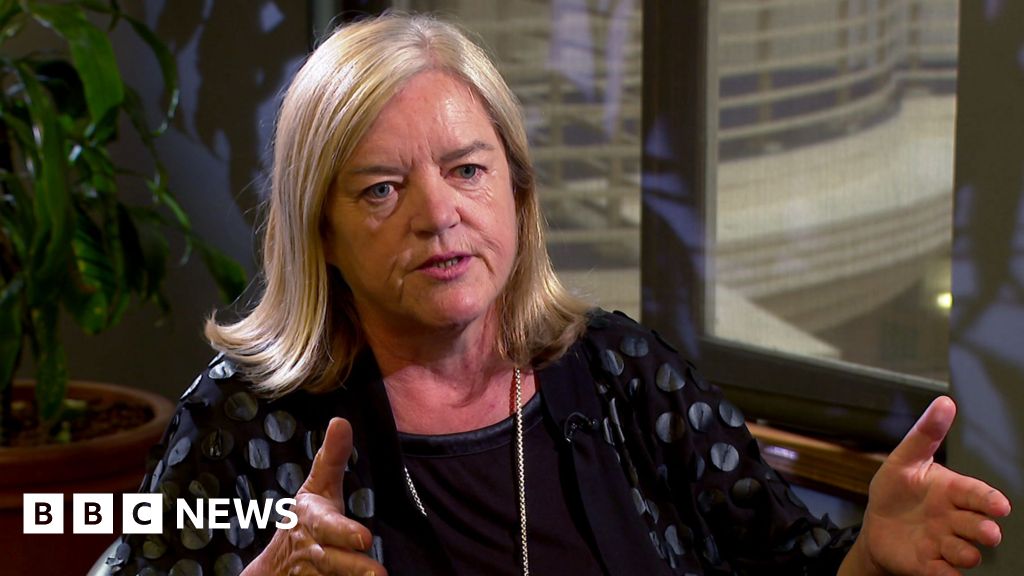ARTICLE AD BOX

 Getty Images
Getty Images
There is "continued and unrelenting demand" on the NHS, according to ministers
Hospital waiting times in Wales have hit record levels again, and risen for the fifth month in a row.
There were some 791,511 patient pathways in June, which is 615,300 actual patients waiting for treatment. That's another record.
Those waiting longest – more than a year and two years for treatment – have also increased.
The monthly figures from Digital Health and Care Wales also show problems with another key target area, as those waiting more than a year for a first outpatient appointment rose by 5.5%.
There should be no-one waiting that long, under pandemic recovery targets, but the number has risen to 74,175.
The number waiting more than a year for treatment has been fluctuating but rose again to the highest figure since November 2022, close to 160,000.
There were also 23,418 patient pathways waiting more than two years for treatment, which is a rise for a third successive month.
If we only look at consultant-led specialisms, then waiting times can be compared with England.
There were 22.5% of patients waiting for a year or more in Wales, compared to 4% in England.
Welsh Conservatives called the figures "woeful" and said the Welsh government had failed again to "bear down on these excessive lists."
Newly-appointed Health Secretary and former First Minister Mark Drakeford said the increase in the lists, as in other parts of the UK, were "disappointing".
He added: “We have been very clear with health boards that we expect to see a focus on reducing long waiting times. We will continue to support the NHS to improve the timeliness of planned and emergency care.”
There have been some improvements over the month.
It was the fourth busiest month for the most urgent ambulance calls, and although below target, the response time improved slightly, with 48.2% "red" calls reached within eight minutes.
On average, red calls arrived in eight minutes 18 seconds, which is slower than a year ago.
There were improvements to A&E waiting times, with 69.3% waiting less than four hours.
There were more than 10,100 patients who waited more than 12 hours in emergency units.
We can also compare major A&E units in England, with the performance in Wales slightly worse for the fifth month in succession.
Cancer treatment times also improved over the month but remained well below target.
There were 56.7% of patients who started treatment within 62 days of cancer being first suspected. This is better than the last two months.
Mr Drakeford, who was re-appointed health minister on an interim basis earlier this month, said "more health boards need to do to meet the national cancer target".

 9 months ago
32
9 months ago
32








 English (US) ·
English (US) ·